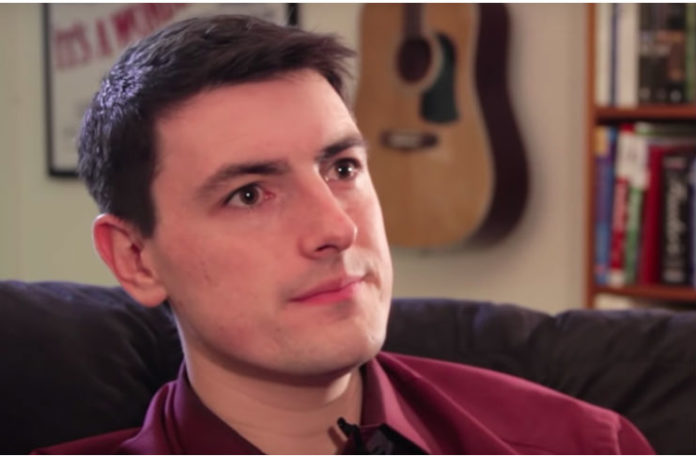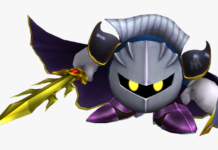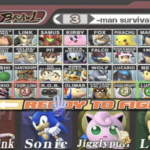Competitive gaming is getting exponentially popular, but there’s still a large divide between casual and hardcore gamers. For certain games, such as League of Legends or Overwatch, the competitive aspect is basically built into the game itself; most people who play these games will at least know about esports and the hardcore side of it. For a game such as Super Smash Bros. where the game will look and play almost completely differently depending on if you’re playing with a few friends at home or if you’re at a big tournament.
For these smaller scenes that have to do a lot just to get people to notice and respect the competitive side, many people have taken great initiatives to introduce casuals to the competitive scene; not necessarily to get everyone competing in tournaments, but just to get people interested in what exactly esports and competitive gaming have to offer. And nothing does this better than Travis Beauchamp’s indie-documentary series The Smash Brothers.
The Smash Brothers
The Smash Brothers is a nine-part documentary series released in late 2013 that goes over the competitive Super Smash Bros. scene from its earliest days in 2003 until the game’s triumphant run at EVO 2013. It covers several legends of the Smash scene, with each episode detailing a different noteworthy player. As each episode dives deeper into the players’ roles in the scene as a whole, there’s an overarching narrative of the grassroots nature of competitive Smash, as well as the struggles and victories that come and go throughout the years.
The documentary’s production value is very solid, especially considering the low budget for the series. The audio is good, the camera work is great, and the editing is superb, getting key points and interesting information across cleanly. As such, it’s a perfect intro for casual players to learn about the scene, while also being a fitting tribute for hardcore players to enjoy and reminisce.
There are certain drawbacks – the audio on older clips is suspect, there are certain points that feel shoe-horned in rather than letting themselves develop organically, and the last section of the documentary feels like it speeds through pivotal moments in the scene – but all-in-all, the nine-part series is incredibly enjoyable, and you’ll find yourself binging through the episodes, wondering where the time went.
If you have friends who you think would appreciate the competitive Smash scene, but don’t know where to get them started, this first episode should serve as a good hook:
On top of this, Beauchamp is releasing a sequel series, titled Metagame, that looks be released in 2019. Expect more amazing Smash Bros. content from him in the future!











